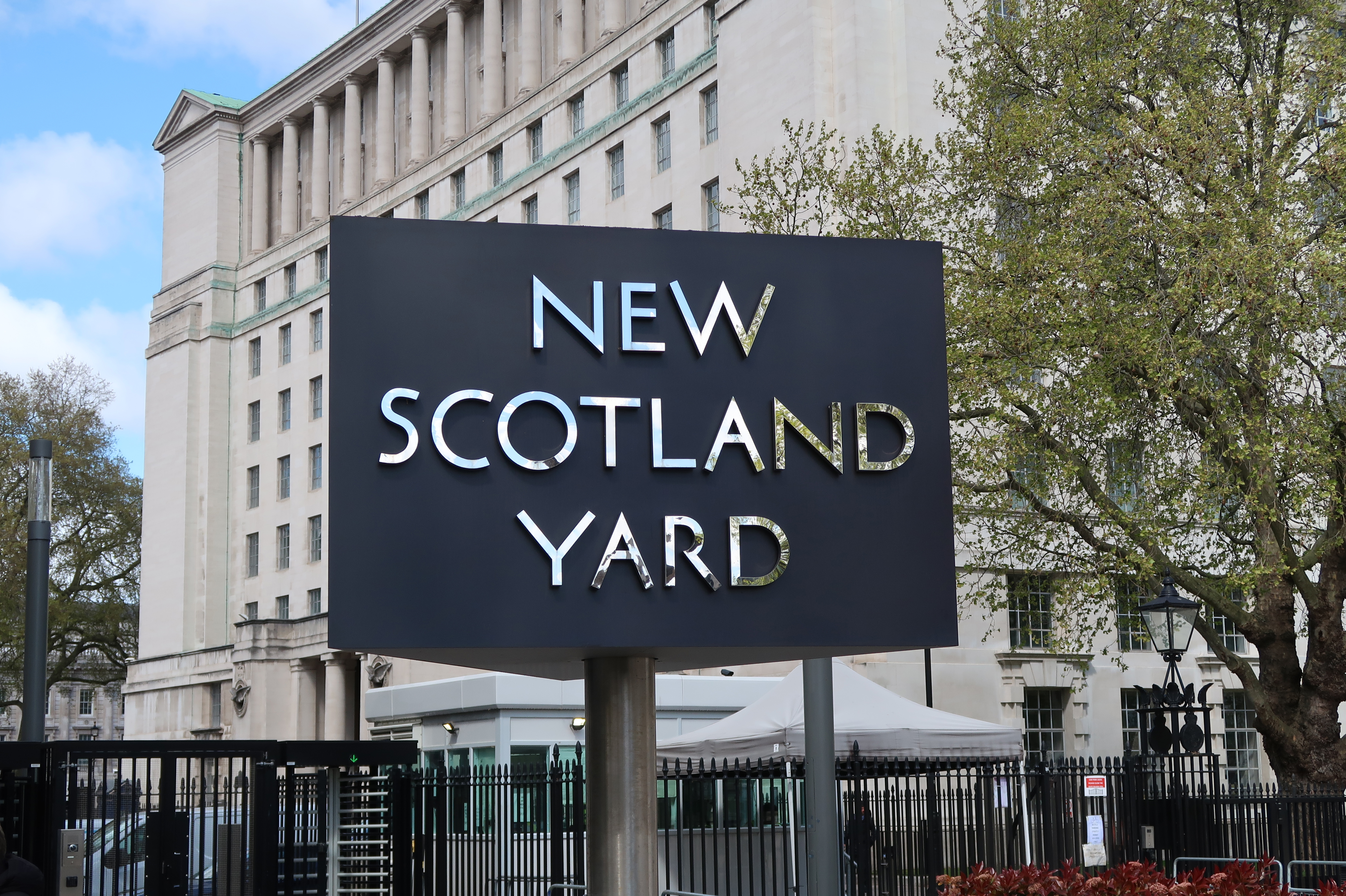Here are some of the main proposed changes to be aware of at this initial stage (all important detail to follow):
1. New anti-trade union laws
The Chancellor indicated that the government will make further changes to the law relating to industrial action:
Other European countries have Minimum Service Levels to stop militant trade unions closing down transport networks during strikes. So we will do the same. And we will go further. We will legislate to require unions to put pay offers to a member vote, to ensure strikes can only be called once negotiations have genuinely broken down.
The government is expected to unveil a package of anti-trade union legislation the week commencing 10th October. Whilst the chancellor only outlined two specific measures in his mini-budget, it is generally expected that the proposed law will encompass broader measures to further restrict trade union activity.
Given the financial crisis precipitated by the chancellor’s announcements, there is a chance that anti-trade union legislation is forced to take a back seat whilst the government attempts to stabilise the economic situation.
2. Changes to Taxation
Income Tax
From April 2023 the following taxation changes apply in England, Wales and Northern Ireland only:
- A 19% basic income tax rate (a change from 20%).
- The 40% higher rate, charged on incomes above £50,271, will remain.
IR35
For members operating Personal Service companies; proposed reforms to the off payroll working rules (also known as IR35) will be repealed from 6 April 2023. From this date, workers will once again be responsible for determining their employment status and paying the appropriate amount of tax and NICs.
Corporation tax
For members operating Limited companies; the proposed increase in Corporation Tax from 19% to 25% to take effect from April 2023, will be scrapped.
3. Changes to National Insurance
Class 1 and 4 NIC
The 1.25% rise for class 1 and 4 national insurance introduced in April 2022 is due to be scrapped from 06/11/22 however threshold changes will remain. This applies across the UK.
The rate of class 1 and 4 will return to pre July 2022 rates from 06/11/22 for the rest of the tax year (until 5/4/23) as follows:
- Class 1 (employee national insurance): on weekly earnings between £184 and £797 per week, 12% of earnings paid by employees. Earnings in excess of £967 per week are subject to a 2% Class 1 NIC charge.
- Class 4 (self-employment national insurance): 9% tax on profits between £9,568 and £50,270 per year. If you earn over £50,270 then you are charged at a rate of just 2% for the amounts above £50,270.
In tax year 2022/23, the threshold at which class 1 will be charged is rising to 12,570 p.a. and for class 4 NIC it will be rising to £11,908 p.a.
4. Universal Credit
Administrative Earnings Threshold (AET)
The Administrative Earnings Threshold (AET) will be increased. The AET is the minimum amount of PAYE earnings you need to achieve in order to be exempt from work search and work availability requirements as part of your Universal Credit claim commitment.
Currently the rate is 12 hours per week at the National Minimum Wage (NMW), for individual UC claimants and 19 hours at NMW for couples. The NMW applies at different rates depending on your age. So, for example, if you are aged over 23 years old, the AET is equivalent to £494 per calendar month for individual claimants, and at least £782 or more per calendar month if you are part of a couple aged over 23 years old.
From January 2023, it is proposed that the AET will increase to 15 hours per week for individual claimants and 24 hours per week for couples at National Living Wage (NLW). The NLW only applies to those aged 23 or over. We do not yet know how the changes will apply to those aged under 23 years old.
As well as bringing more people into the regime, there will be changes to the types of activity you can be required to do. These, and the enforcement of them, are likely to become more specific and stringent.
The government predict that as a result of the change to the AET, 120,000 more UC claimants in work on low earnings (such as part time workers) will be subject to 'intensive work search and labour market regime.' They will be expected to actively search for work and attend fortnightly appointments at their job centre in order to secure more or better paid work, else have their benefits reduced, known as 'sanctions.'
For more information about sanctions see A Survival Guide to Benefit Sanctions. If you are sanctioned, please contact Equity's Social Security and Tax team for further advice. Email helpline@equity.org.uk or call 0207 670 0223 Monday and Thursday, 10am-1pm and 2-5pm.
Over 50s
Additional work coach support to UC claimants aged 50 years plus. Further detail pending.
Both the AET and over 50s changes will apply across Great Britain (England, Wales and Scotland). Arrangements for Northern Ireland will be determined separately.
Equity continues to campaign for changes to Universal Credit. For the latest see Equity - Equity urges Secretary of State for Work and Pensions to reform Universal Credit
5. Energy
Energy Price Guarantee (EPG)
A cap on the unit rate of electricity and gas, bringing average household energy bills to £2,500 for a period of two years from October 2022. This will apply across Britain and Northern Ireland.
The Government has also announced additional support for households using heating oil. 1.6 million homes across Britain and Northern Ireland use heating oil, including 68 per cent of households in Northern Ireland, who will receive an additional £100 payment per household.
Certainty on bills is essential, but the Prime Minister's announcement still means that households will be paying almost twice as much as this time last year for their energy. Higher energy prices beginning in spring 2022 put an estimated 6.7 million households (nearly one in four families) into fuel poverty, i.e. having to pay more than 10% of their income on energy, even after accounting for the £400 in government support announced over the summer.
There's no sign that big corporations will be asked to pay their fair share either. The government has rejected the idea of a windfall tax on the oil and gas giants making record excess profits of £170 billion from the energy price crisis.
Energy Bill Relief Scheme (EBRS)
A discount on wholescale gas and electricity prices for businesses for a six month period. This will apply across Britain with a parallel scheme in Northern Ireland. However, the level of discounts being offered to firms will not rise if the wholesale costs of energy rise — a key difference with the household scheme.



